India has stably established itself in the core of the international production of petrochemical and petrochemical- related products. With the economic growth cycle slowing down in the United States, the Asian developing nations, especially India, is ideally fortifying its stand in the global petrochemical market as a producer of these products. The plastics industry has developed considerably since the invention of various routes for the production of polymers from petrochemical sources. Plastics have substantial benefits in terms of their low weight, durability and lower cost relative to many other material types. Today plastics are almost completely derived from petrochemicals produced from fossil oil and gas. Around 4 per cent of annual petroleum production is converted directly into plastics from petrochemical feedstock. As the manufacture of plastics also requires energy, its production is responsible for the consumption of a similar additional quantity of fossil fuels.
Approximately 50 per cent of plastics are used for single-use disposable applications, such as packaging, agricultural films and disposable consumer items, between 20 and 25% for long-term infrastructure such as pipes, cable coatings and structural materials, and the remainder for durable consumer applications with intermediate lifespan, such as in electronic goods, furniture, vehicles, etc. Plastics have only been mass-produced for around 60 years, their longevity in the environment is not known with certainty. Most types of plastics are not biodegradable, and are in fact extremely durable, and therefore the majority of polymers manufactured today will persist for at least decades and probably for centuries if not millennia. Even degradable plastics may persist for a considerable time depending on local environmental factors, as rates of degradation depend on physical factors, such as levels of ultraviolet light exposure, oxygen and temperature, while biodegradable plastics require the presence of suitable micro-organisms. Therefore, degradation rates vary considerably between landfills, terrestrial and marine environments.
Indian Plastic industry faces environmental myths and lacks in technology. Going ahead would be recycling & reuse of plastics which could be a foremost step towards fostering innovation and sustainability.
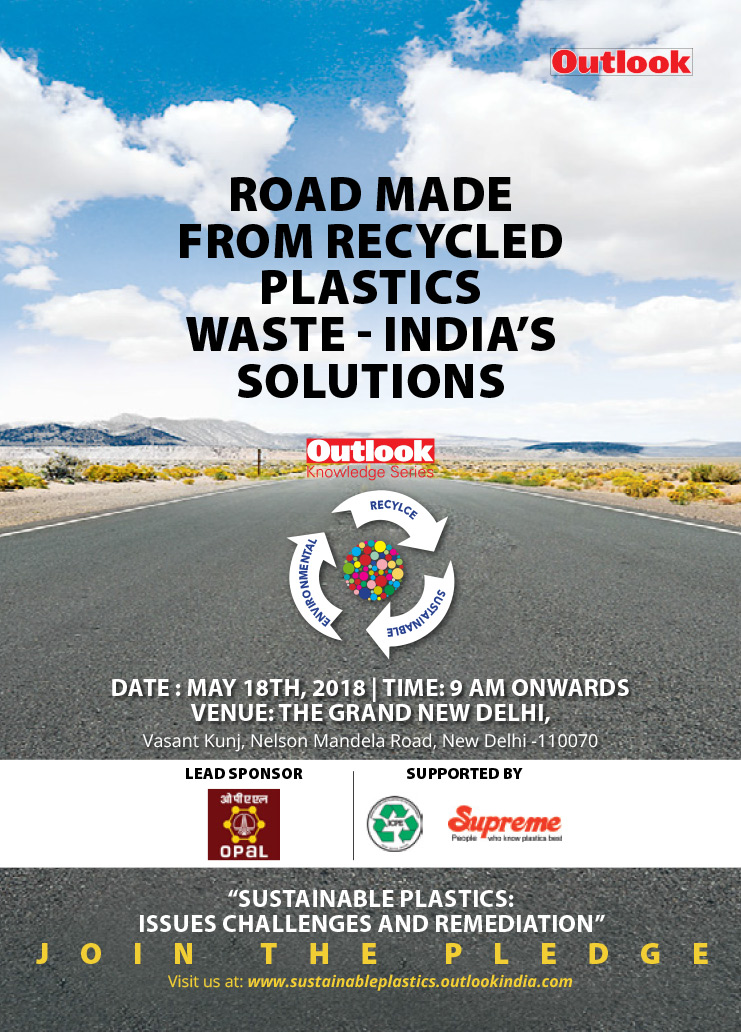
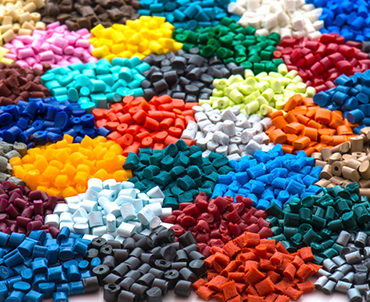
The plastics industry manufactures polymer materials - commonly called plastics - and offers services in plastics important to a range of industries, including packaging, building and construction, electronics, aerospace, and transportation.
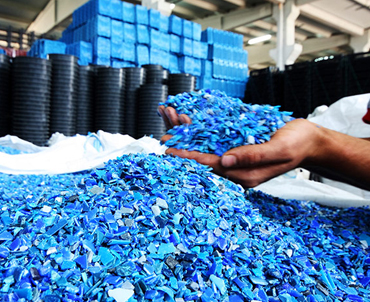
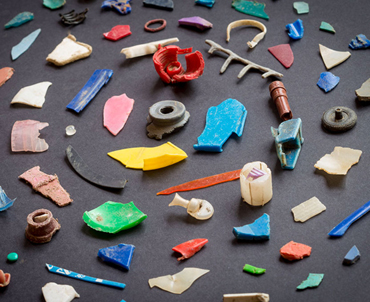
Public concern over plastic waste has reached a fever pitch and businesses can no longer ignore calls to reduce the amount of single-use plastic in use.
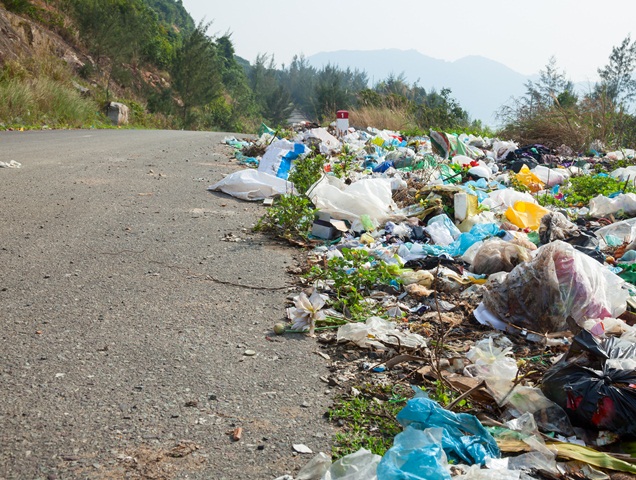
Coming Soon
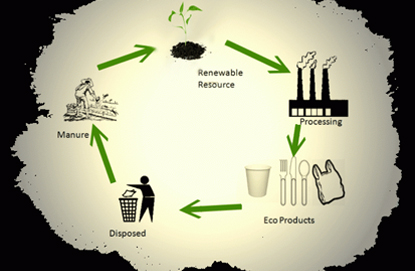
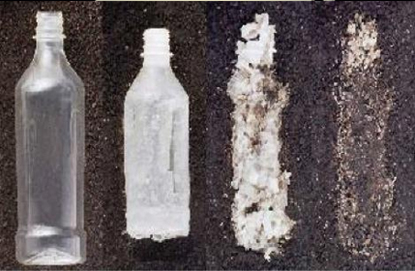
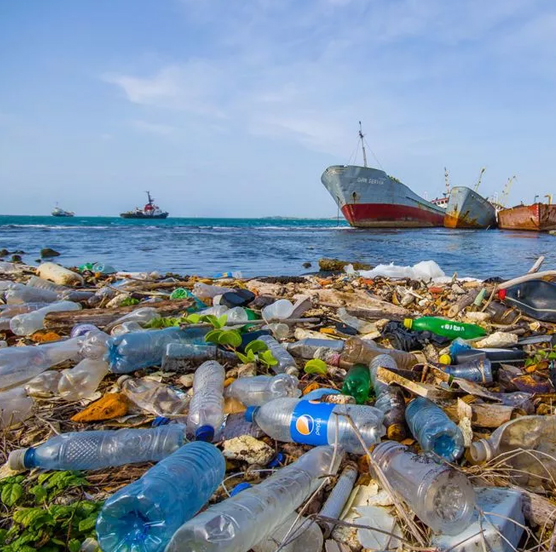

Plastic pollution over ocean and way forward

Environmental impact , plastics Vs paper Vs cloth bags / plastic fabrics for sustainability

Plastic pollution over ocean and way forward

Plastic pollution over ocean and way forward
There are all different types of plastic, some of them you can recycle, some of them you can't.The Plastics Identification Code is stamped on all plastic products to identify the type of resin used.

AB-10 Safdarjung Enclave
New Delhi 110029.
Ph: 011-33505500
Fax: 011-26191420
All queries and unsolicited submissions for Outlookindia.com's web-only columns and features are welcome
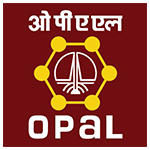
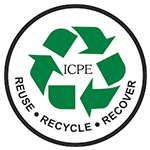

All queries and unsolicited submissions for Outlookindia.com's web-only columns and features are welcome.